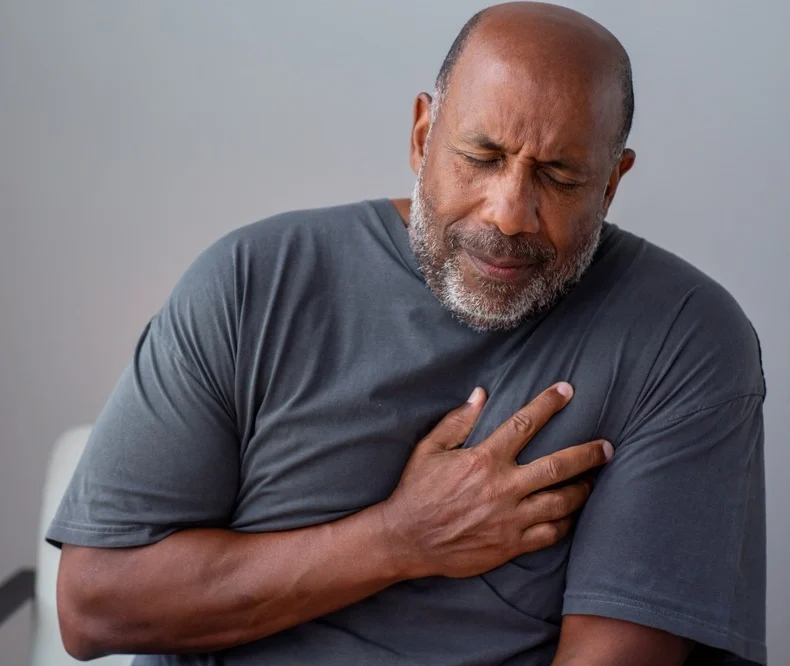Heart Attack
Heart Attack
Recognizing Symptoms and Seeking Immediate Care

Heart Attack Q & A
What Causes a Heart Attack?
A heart attack, called a myocardial infarction, occurs when the blood flow to your heart is blocked. Without a good supply of blood, your heart muscles are deprived of oxygen and nutrients. As a result, the tissues die. Although quick treatment can limit the damage and improve your recovery, once part of the heart muscle dies, the damage is permanent.
Heart attacks most often develop from plaque that accumulates in the coronary artery and blocks blood flow, a condition called atherosclerosis. In some cases, a heart attack occurs when a piece of plaque from another part of your body breaks off and travels to your heart.
Then this small bit of plaque reaches a coronary artery narrowed by atherosclerosis or a blood clot, leading to a significant blockage that causes your heart attack.
What Symptoms Develop During a Heart Attack?
The classic sign of a heart attack is sudden chest pain that patients describe as powerful and crushing, like a heavy weight dropped on their chest.
Here’s the thing: Not everyone has that classic symptom. You may feel the pain in your arm, jaw, shoulder, back, or neck. Some patients have a burning sensation that feels like heartburn. It’s also common to experience shortness of breath, dizziness, sweating, or a sick stomach.
While women and men may have chest pain, women are more likely to experience symptoms that don’t seem like they’re associated with a heart attack, such as lightheadedness, indigestion, and pain in their jaw, upper back, or shoulder. Women sometimes have unexplained fatigue and anxiety.
How is a Heart Attack Treated?
Your medical team focuses on returning blood flow to your heart and restoring a regular heartbeat. Medications that break up the blood clot, called thrombolytic agents, can save your life when they’re given as soon as possible after a heart attack.
Several types of medications are beneficial for heart attack patients, including medications that increase blood flow, lower the risk of arrhythmias, and decrease your heart rate. Most patients also receive medication to stop clots from forming or getting larger.
Your doctor may recommend a balloon angioplasty to open the artery,
followed by stenting to hold the vessel open, as an option to thrombolytic agents. In severe cases, you may need coronary artery bypass surgery.
At the first sign of a heart attack, call 911 to get emergency treatment. If you have any questions about your heart health, call Phoenix Heart today or book an appointment online.

